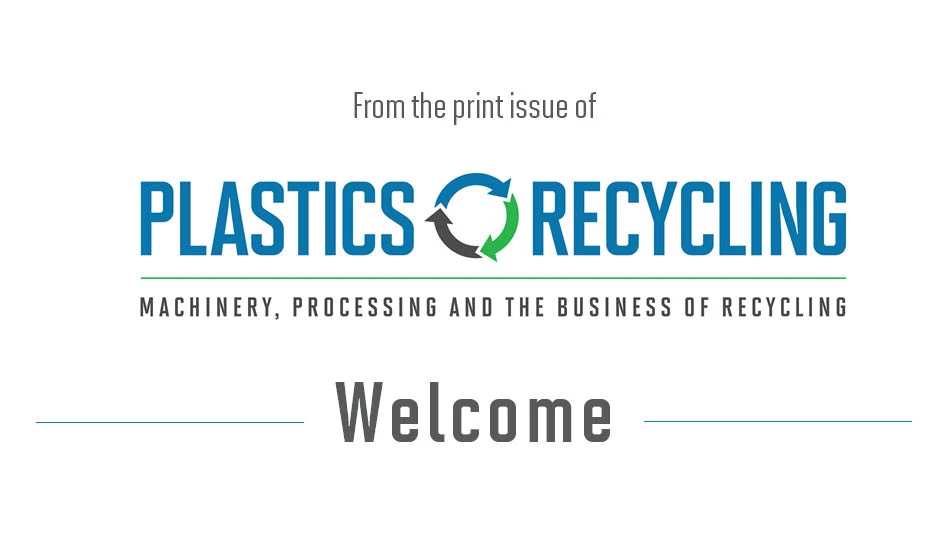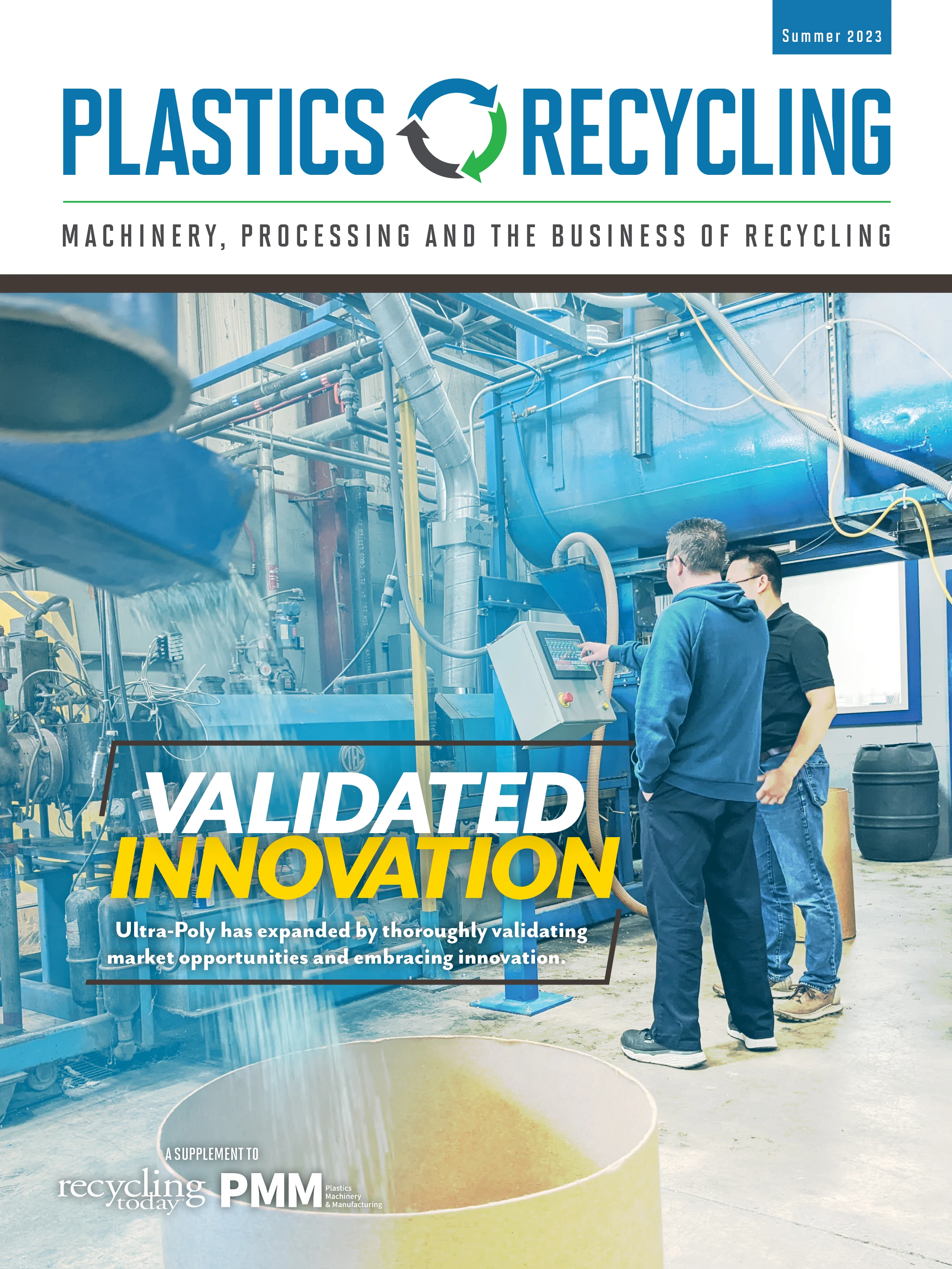
The Association of Plastic Recyclers (APR), Washington, ran an ad campaign on NPR this spring promoting recycling, but not everyone got the message. The anti-plastics group Beyond Plastics asked NPR to stop running the ads.
It seems ludicrous that anyone would be against recycling more plastic.
In a letter to NPR, Beyond Plastics writes that promoting plastic recycling is confusing because most plastic is not recycled.
This is what the APR ads say: “The Association of Plastic Recyclers, whose member companies recycle plastic packaging into new products: Working towards a world where everyone uses less by recycling more. Visit plasticsrecycling.org.” The ads were designed to reach consumers and policymakers, according to Kara Pochiro, vice president of communications and public affairs at APR.
Many parts of the plastic recycling chain are broken. Already-low recycling rates took a dive during the COVID-19 pandemic but are starting to rise again. Railing against plastic recycling, however, seems to be a poor solution.
The use of plastic in everyday life is not going away. In fact, the amount of plastic is going to increase as technology finds more applications. So, screaming to get rid of plastics seems fruitless.
The key step in the plastics circular economy is for brand owners to want to use more recycled material. When demand increases, recycled resins become more valuable, and the pull for more feedstock trickles down to communities.
It is true that far too much plastic ends up in landfills. It also is reasonable to believe the advanced recycling plants just now coming online or still under construction will need that feedstock. These new plants also plan to focus on plastic that is difficult for mechanical recyclers to process.
Recycling is part of the solution to end plastic pollution. That has long been a belief of the APR, and it seems reasonable the organization would promote recycling in the national media.
Some of Beyond Plastics’ arguments seem to echo the 2020 PBS documentary “Plastic Wars” by Frontline and NPR. A key point the filmmakers tried to make is that the plastics industry long paid little more than lip service to recycling because increased use of recycled resin would have hurt demand for virgin resin, but history has proved that to be wrong.
Chemical companies are investing heavily in their own recycling operations and partnering with established recyclers to produce the recycled resins customers want, and virgin resin makers eventually could play a huge role in recycling.
Anti-plastics groups will keep railing against plastic use in any form, calling for the shuttering of plastics plants, eliminating single-use plastic products and generally grabbing headlines any way they can. In the meantime, organizations such as APR must keep chipping away at the issue.
There is another way to think about this. NPR, which just three years ago co-created the “Plastics Wars” documentary, now accepts advertising promoting plastic recycling. I guess you can call that progress. •••

Explore the Summer 2023 Plastics Recycling Issue
Check out more from this issue and find your next story to read.
Latest from Recycling Today
- Phoenix Technologies closes Ohio rPET facility
- EPA selects 2 governments in Pennsylvania to receive recycling, waste grants
- NWRA Florida Chapter announces 2025 Legislative Champion Awards
- Goldman Sachs Research: Copper prices to decline in 2026
- Tomra opens London RVM showroom
- Ball Corp. makes European investment
- Harbor Logistics adds business development executive
- Emerald Packaging replaces more than 1M pounds of virgin plastic





